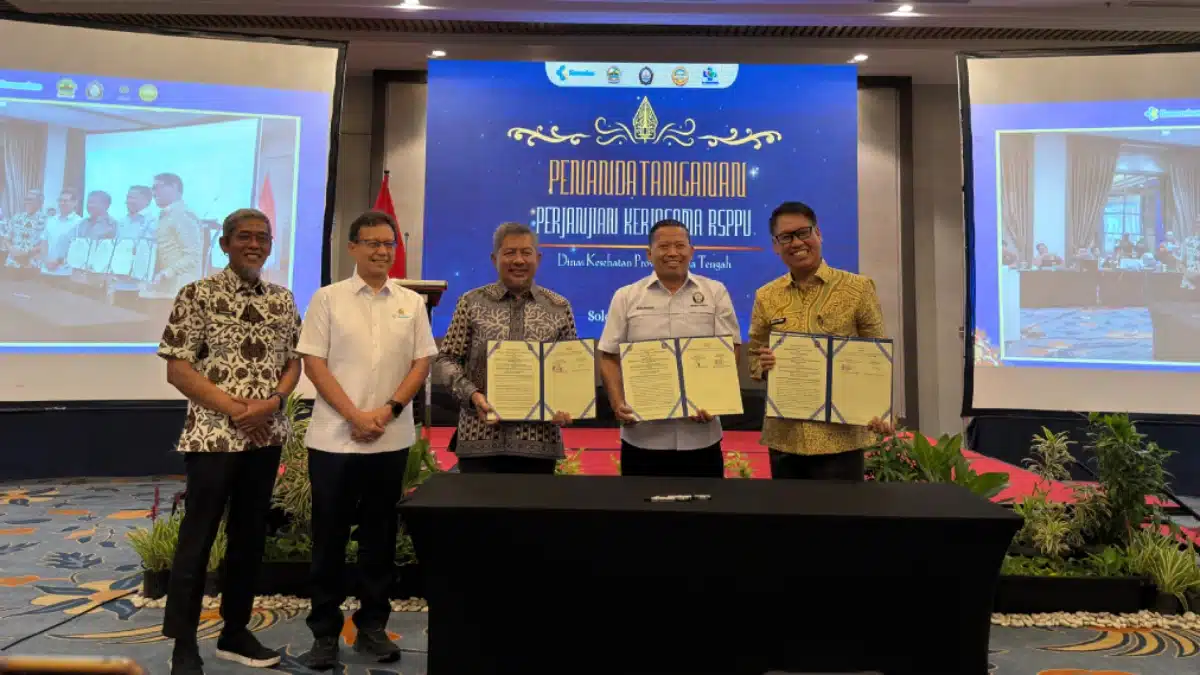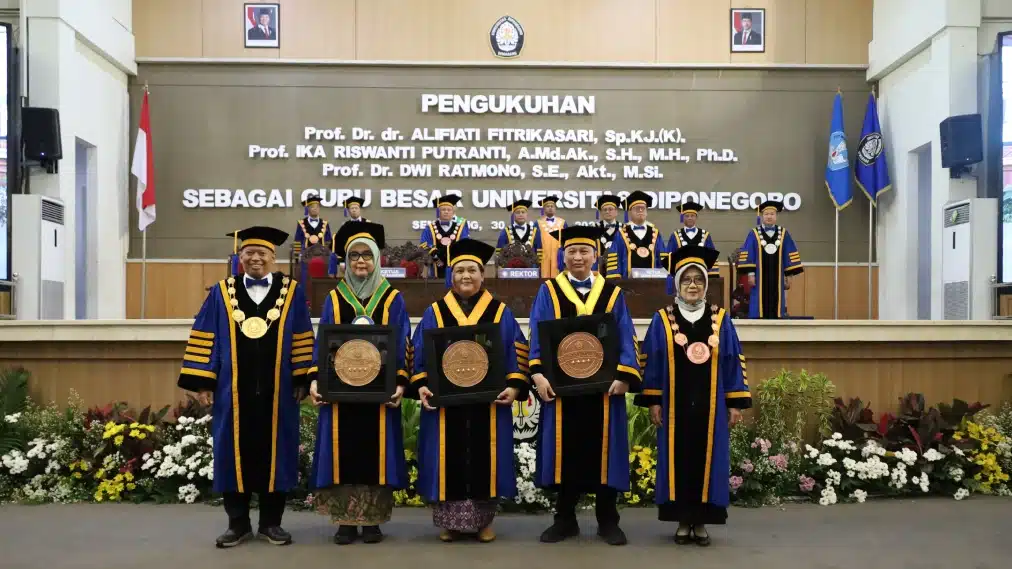“As many as 10-22% of infertility is found in Indonesia caused by many factors, including the quality of spermatozoa, including concentration, number, movement speed, morphology and viability of spermatozoa. The quality of spermatozoa can be affected by exposure to pesticides which cause disruption of spermatogenesis. Healing through non-hormonal routes is carried out by supplementing with antioxidants to improve the quality of spermatozoa,” said Dr. dr. Sri Winarni, M.Kes., Lecturer at the Faculty of Public Health, Diponegoro University.
“The research that I present is a true experiment with a Randomized Controlled Trial (RCT) on 41 infertile farmers exposed to pesticides. The supplementation given is Zinc, Vitamin E, Vitamin C, and glutathione. By measuring the quality of spermatozoa before and after being given the supplement, then the level of testosterone hormone is measured using the CMIA (Chemiluminescent Microparticle Immunoassay) method,” she explained.
This study aims to prove the effect of external antioxidant supplementation on increasing testosterone hormone, spermatozoa quality (concentration, percentage of normal spermatozoa morphology, progressive mobility of spermatozoa and total motile spermatozoa), SOD2, and reduction of 8-OHdG in male farmers of interfiled couples in the agricultural area of Brebes Regency who were exposed to pesticides.
She further said regarding the results of the study which showed that there were differences in spermatozoa concentration between before and after being given supplements, there were no significant differences in testosterone hormone levels, the percentage of normal spermatozoa morphology, progressive motility of spermatozoa, total motile spermatozoa, SOD2 levels, and 8-OhdG levels between before and after supplementation.
“The provision of these supplements has an effect on increasing the concentration of spermatozoa in the treatment group. This condition is not found in other spermatozoa quality components,” concluded Dr. Sri Winarni. (Lin-Joshua – Public Relations)









